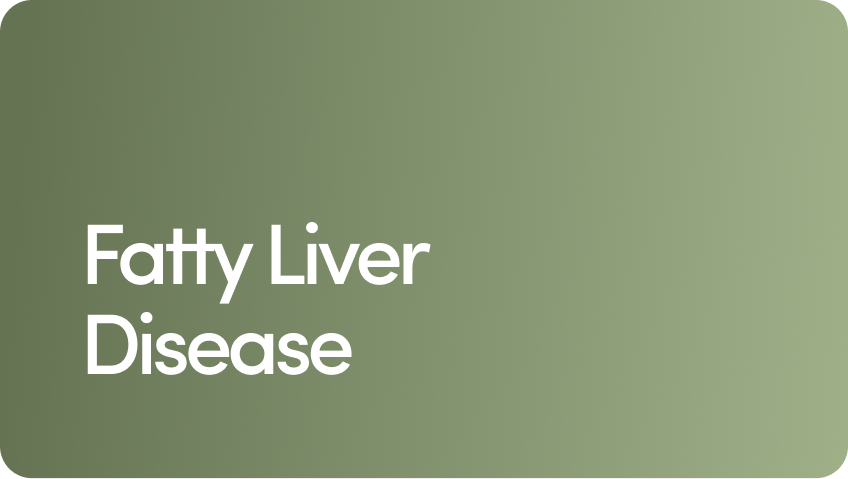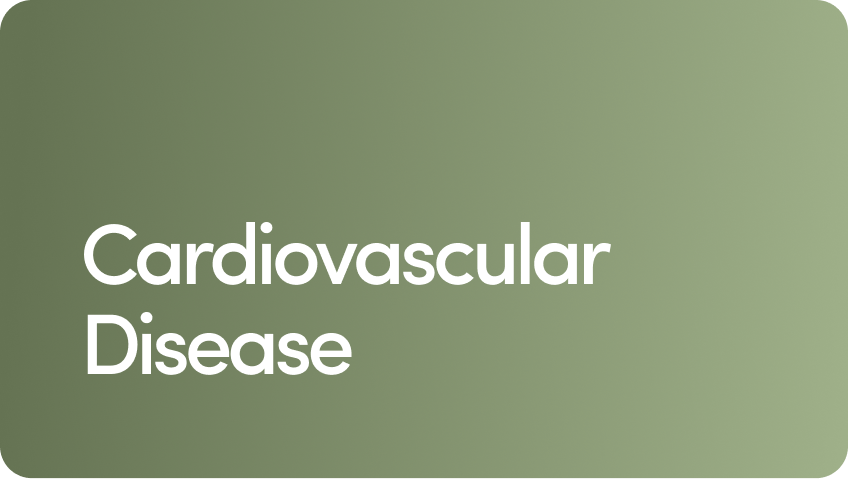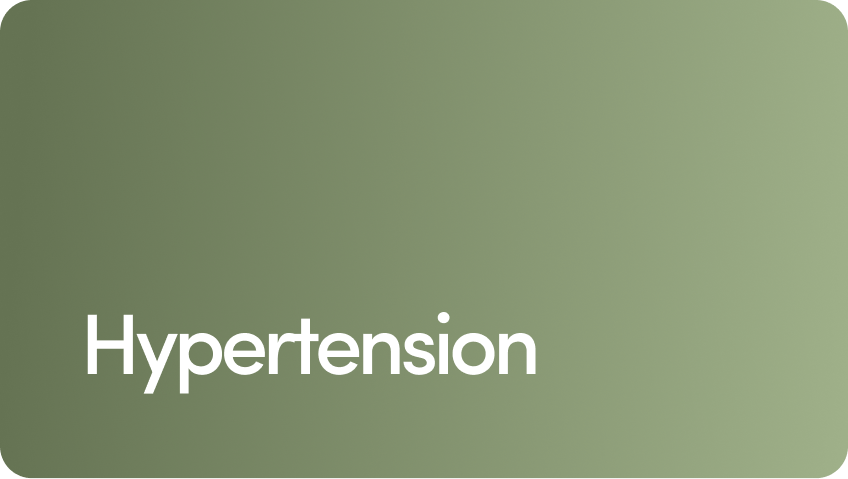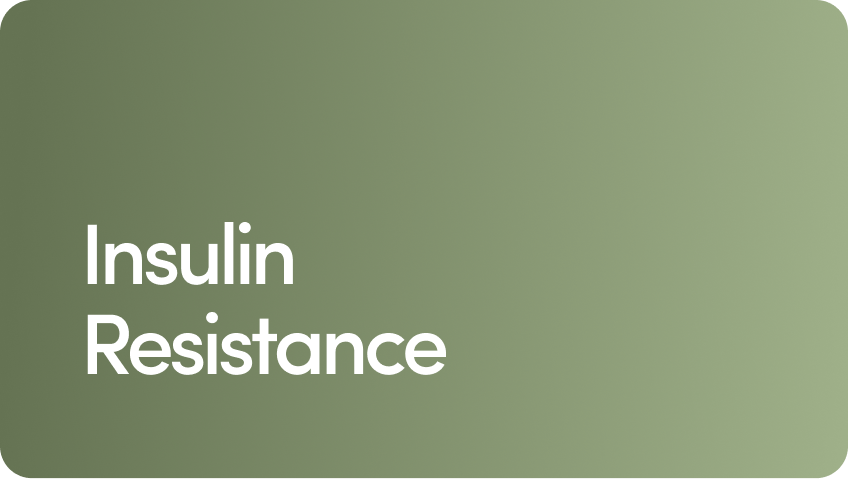Why Am I Losing Inches But Not Weight?
You might be losing inches but not weight because you’re gaining muscle while losing body fat.
Overview
Key takeaways:
You might be losing inches but not weight because you’re gaining muscle while losing body fat.
It might also be that you’ve hit a weight loss plateau or you’re retaining water weight.
Don’t get discouraged. Losing inches is generally a sign of improved health and body composition.
Consider tracking body fat percentage, waist circumference, or other health metrics to get the full picture.
Weight loss can be a frustrating journey at times. Losing inches but having that progress not reflect on the scale is just one of those times.
Wondering, Why am I losing inches but not weight? There are a few possible explanations, including gaining muscle while losing fat and retaining water weight.
We’ll go over why you might notice a reduction in inches but not weight and how to overcome those hurdles to lose weight. We’ll also touch on why you shouldn’t worry about it too much — and what to focus on instead.
Why Am I Losing Inches but Not Weight?
There can be a few reasons you’re losing inches but not weight. Here’s what could be happening:
You’re losing body fat but gaining muscle
You’ve hit a weight loss plateau
You’re retaining water
Keep scrolling for detailed insight.
You’re Losing Body Fat but Gaining Muscle
If you’ve been eating high-protein foods and strength training, you may have built muscle as you lost body fat. This is known as body recomposition — and it’s a good thing.
Why isn’t this reflected on the scale? Muscle is denser than fat, taking up less space in your body. In other words, a pound of muscle takes up less space (fewer inches!) than a pound of fat.
That means your weight may have stayed the same — or even increased slightly. But when losing fat, you might still notice your measurements decrease or that your clothes fit better.
This is one reason the number on the scale shouldn’t be your only focus. It doesn’t tell you much about your body composition — how much body fat and lean mass you have. It only tells you your body weight.
You’ve Hit a Weight Loss Plateau
A weight loss plateau is when weight loss slows down or stops altogether. It’s very common. About 85 percent of people trying to lose weight hit a plateau at some point.
Weight loss plateaus can happen for a variety of reasons. One is that your body adapts to weight loss. Your resting metabolic rate (how many calories your body burns at rest) can decrease while hunger hormones increase.
This makes it harder to stay in a calorie deficit, when you consume fewer calories than your body needs to promote weight loss.
You might notice your progress on the scale stops going down. But maybe your waist and hip measurements drop as your body redistributes fat mass. Or perhaps your clothes continue to fit better.
→ Learn more: What Is a Calorie Deficit? How It Impacts Weight Loss
You’re Retaining Water
If you weigh yourself regularly, you probably know how much your weight can change day to day — or from morning to night. This isn’t always a reflection of fat loss and gain. Water retention can cause these fluctuations in weight.
Water retention can happen due to:
Hormone changes throughout your menstrual cycle
Increased salt intake
Medications
Inflammation
Increased carbohydrate intake
So, you might be losing fat — and, therefore, inches — but retaining water. This could mean fat loss is masked, and you don’t see a difference on the scale.
Or you might notice your weight goes up and down due to water retention throughout your menstrual cycle, even though inches are generally trending downward.
Benefits of Losing Inches
There are plenty of benefits to losing inches, even if the scale says you’re not losing weight.
Here are just a few:
You’re losing body fat. Getting leaner and reducing excess body fat can reduce your risk of medical conditions like type 2 diabetes and heart disease.
You’re getting fitter and healthier. You might be improving your heart health, muscle strength, endurance, flexibility, blood pressure, cholesterol, blood sugar levels — the list could go on.
You’re improving your quality of life. As you lose inches, you might notice you have more energy, sleep better, are more focused at work, and can keep up with your kids. You might experience less joint pain, back pain, and breathlessness.
You might be losing weight around your middle. If your waist circumference is going down, you could be losing belly fat (visceral fat). Holding excess weight around your middle (called central obesity) increases the risk of cardiovascular disease, cancer, and all-cause mortality.
What to Do if You’re Losing Inches but Not Weight
On the whole, losing inches is a good thing. Even if you’re not losing weight, losing inches is a sign you’re losing body fat and, therefore, improving your health.
So, generally, if you’re losing inches but not weight, you’ll want to keep doing what you’re doing.
Here are some specific tips for continuing with weight loss, depending on why you could be losing inches but not weight.
If You’re Gaining Muscle
Losing body fat and gaining muscle mass is a great thing for your overall health, even if what you see on the scale is a little discouraging.
To help, consider monitoring your progress in ways that don’t involve measuring your body weight.
You can:
Take body measurements like waist circumference or waist-to-hip ratio
Figure out your body fat percentage (how much body fat you have relative to your weight) with skin calipers
Track fitness with things like how much weight you lift at the gym, how quickly you run a 5K, or how far you cycle each week
Monitor how you feel, including your moods, sleep quality, and energy levels
Test health markers like your blood pressure, blood sugar, or cholesterol
→ Read: How to Build Healthy Habits to Achieve Your Goals
If You’ve Hit a Weight Loss Plateau
You can overcome a weight loss plateau by:
Making nutritional upgrades. Eat a balanced diet, but focus on eating more fruits and veggies, swapping simple carbs for whole grains, and adding more lean protein to your meals and snacks.
Add more movement to your routine. Increase how much cardio, resistance training, and general movement (like walking and standing) you do each week. Try lifting slightly heavier weights week by week to build muscle. Yes, this could be a reason you don’t see weight loss on the scale, but it can help promote fat loss.
Consider weight loss medication if lifestyle changes aren’t enough. Weight loss medications, like GLP-1 (glucagon-like peptide-1 receptor agonist) injections and oral medications, can regulate appetite and cravings to promote weight loss.
If you’re already taking weight loss medication through Hers, you can reach out to your Care Team anytime. They may recommend increasing your dose, if possible, or tweaking your treatment plan if you’ve hit a plateau.
Hers customers say treatment tweaks have helped them continue their weight loss journeys.
“My experience with the provider who recommended treatment has been great,” says MiMi, 40. “They’ve been able to make suggestions and pivot my treatment when results plateaued.”
Remember, weight loss progress can happen quickly when you first start medication and then slow down. So, losing inches but not weight isn’t always a sign your medication isn’t working anymore.
If You’re Retaining Water
Avoid high-carb meals and foods with lots of sodium. Drink plenty of water to reduce water retention.
But more importantly, try not to worry about small fluctuations in your weight.
If you’re weighing yourself regularly, consider weighing yourself just once a week or even every two weeks instead of daily. Even then, know that factors like your menstrual cycle can affect the number on the scale, and losing inches is a sign of progress toward your weight loss goals.
Why Am I Losing Inches but Not Weight? The Bottom Line
Losing inches but not weight can feel discouraging. But it’s generally a sign of progress, not a problem.
Here are the key takeaways to remember:
Losing inches but not weight could be down to muscle gain. Slight weight gain with inches lost might mean you’re gaining lean muscle or even bone density. You could also be retaining water or have hit a weight loss plateau.
Consider tracking progress in other ways. The scale doesn’t tell the full story when it comes to weight loss progress. You can track body fat percentage, waist circumference, or fitness improvements and strength gains.
Celebrate your progress. Let’s not forget that you’re losing inches. That means you’re probably losing body fat and improving your overall health and body composition. Don’t let the numbers on the scale overshadow these accomplishments.
If you’re looking to continue your weight loss progress and considering weight loss medication as a part of that plan, find out if you’re eligible for treatment through Hers.
FAQs
Ahead, answers to frequently asked questions about losing inches vs. weight.
Do you lose inches before pounds?
You might lose inches before pounds, but not always. It depends on the lifestyle changes you’re making. For example, if you’re eating lots of protein and strength training, you might gain muscle while losing fat. This means you might lose inches before pounds or lose inches while your weight stays the same.
How long after losing inches will I lose weight?
How long it takes to lose weight after losing inches depends on your lifestyle. For instance, if you’re gaining muscle while losing body fat, your weight may not go down (but that’s not a bad thing) or it may go down more slowly. Diet, exercise, sleep, and metabolism also affect how quickly you lose weight.
Is losing inches better than losing weight?
Generally, losing inches is better than losing weight. Losing inches is a sign of losing body fat. If you’re losing inches off your waist and hips, you could be losing body fat from around your middle. This is a good thing because excess belly fat comes with higher health risks.
5 Sources
- Huai P, et al. (2022). Association of central obesity with all cause and cause-specific mortality in US adults: a prospective cohort study. https://www.frontiersin.org/journals/cardiovascular-medicine/articles/10.3389/fcvm.2022.816144/full
- Murray B, et al. (2018). Fundamentals of glycogen metabolism for coaches and athletes. https://pmc.ncbi.nlm.nih.gov/articles/PMC6019055/
- National Library of Medicine. (2025). Edema. https://medlineplus.gov/edema.html
- Rakova S, et al. (2017). Increased salt consumption induces body water conservation and decreases fluid intake. https://pmc.ncbi.nlm.nih.gov/articles/PMC5409798/
- Sarwan G, et al. (2024). Management of weight loss plateau. https://www.ncbi.nlm.nih.gov/books/NBK576400/
Editorial Standards
Hims & Hers has strict sourcing guidelines to ensure our content is accurate and current. We rely on peer-reviewed studies, academic research institutions, and medical associations. We strive to use primary sources and refrain from using tertiary references. See a mistake? Let us know at [email protected]!
Related Conditions
 Obesity
Obesity
 Diabetes
Diabetes
 Fatty Liver Disease
Fatty Liver Disease
 Cardiovascular Disease
Cardiovascular Disease
 Hypertension
Hypertension
 Insulin Resistance
Insulin Resistance
*All images feature a model portrayal
(unless otherwise noted).